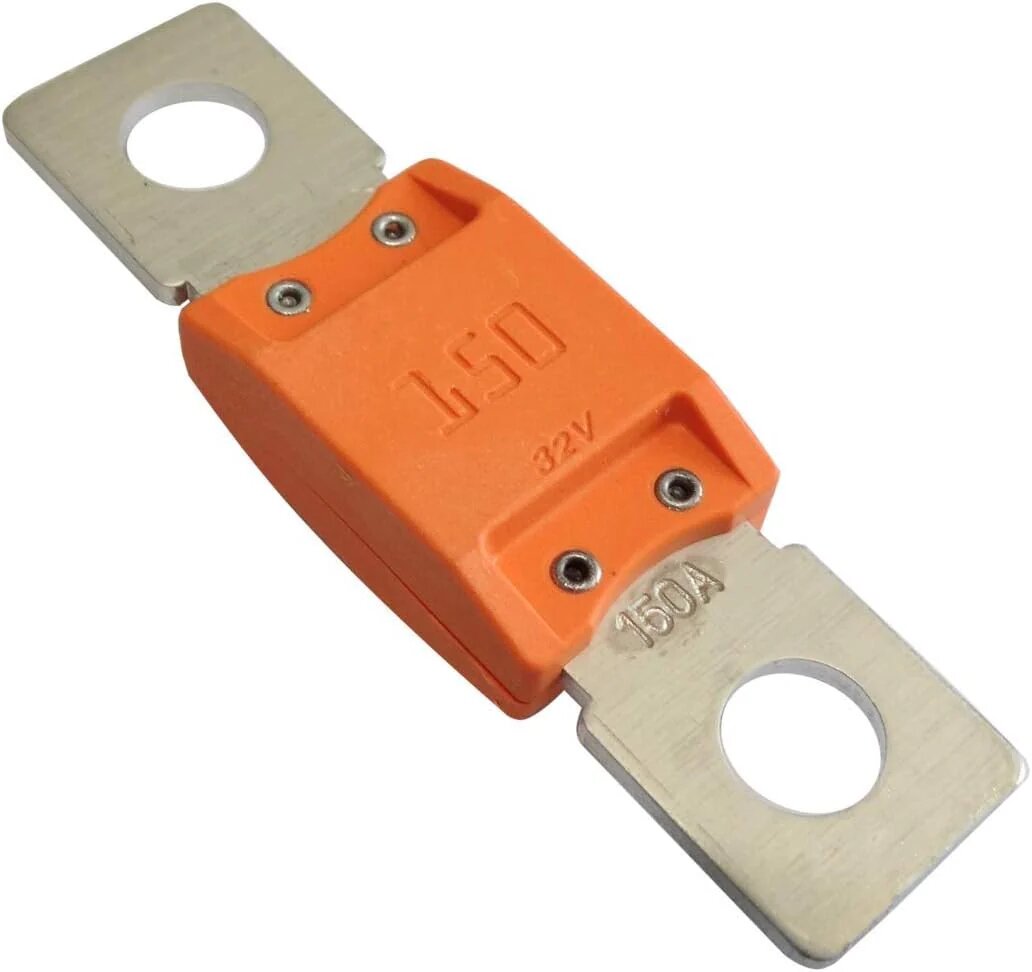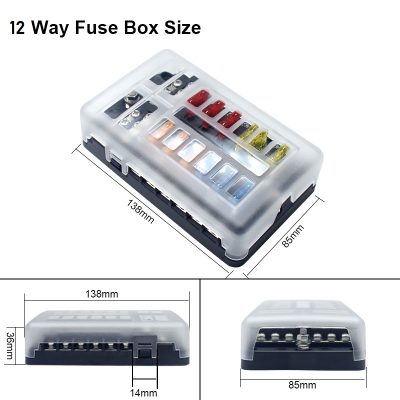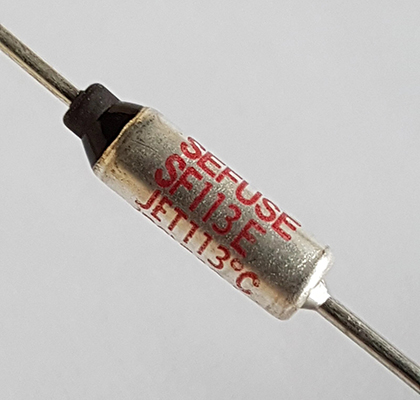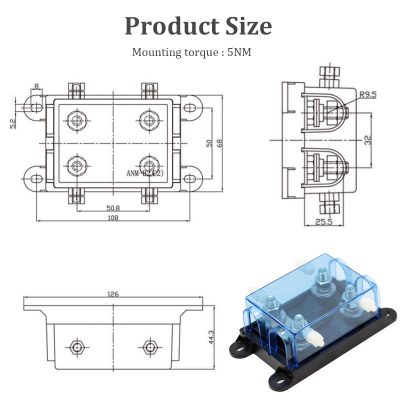OEM vs. Aftermarket Fuse Quality Analysis for Automotive Repair
News 2025-10-24
Fuses play a critical role in automotive electrical systems, protecting circuits from overloads and ensuring vehicle safety during repairs. In the automotive repair industry, choosing between Original Equipment Manufacturer (OEM) and aftermarket fuses can significantly impact performance and reliability. This analysis compares the quality aspects of both options, focusing on their application in various repair scenarios to help technicians make informed decisions based on durability, compatibility, and cost-effectiveness.

OEM Fuses: Precision and Durability
OEM fuses are produced by the same manufacturers that supply components to automakers, adhering to strict industry standards and vehicle-specific designs. In automotive repair, these fuses excel in high-stakes applications like engine management systems or airbag circuits, where precise current ratings and material quality prevent failures. Their performance advantages include superior heat resistance and exact fit, reducing the risk of electrical issues. For instance, in modern electric vehicles, OEM fuses maintain consistent protection under extreme conditions, enhancing overall system longevity and safety.
Aftermarket Fuses: Affordability and Variability
Aftermarket fuses offer a wider range of options from third-party suppliers, often at a lower cost, making them appealing for routine maintenance tasks. In scenarios like fuse replacements in lighting or accessory circuits, they provide quick and economical solutions. However, quality can vary, with some products matching OEM standards while others may use inferior materials, leading to quicker degradation or incompatibility. Performance benefits include faster availability and customization, but users must select reputable brands to ensure reliability in demanding automotive environments.
Frequently Asked Questions
1. What defines OEM fuses in automotive contexts?
OEM fuses are made by the original vehicle manufacturer or approved suppliers, ensuring they meet exact specifications for fit and function.
2. How do aftermarket fuses compare in terms of cost and reliability?
Aftermarket fuses are generally cheaper but may offer less reliability due to varying quality control, so testing and brand research are essential.
3. When is it best to choose OEM over aftermarket fuses?
Opt for OEM fuses in critical systems to guarantee compatibility and long-term performance, especially in safety-related repairs.


